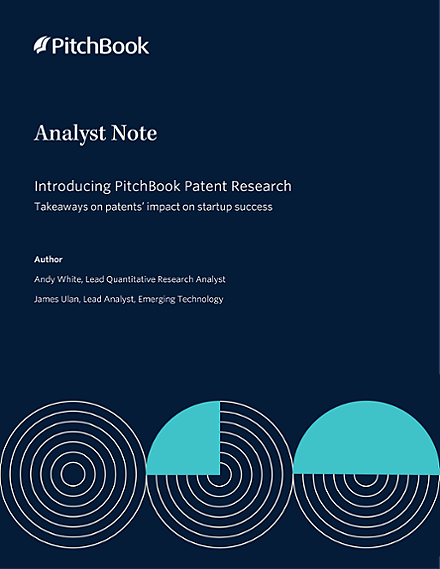Startups Don’t Win By Patent
written by Ben Esplin
Recently, I was (a very passive) part of a conversation between the Selection Committee of the UC Berkeley SkyDeck Accelerator discussing a pitch by one of the candidate founders applying to be included in the upcoming Batch 19 class. The founder had been somewhat underwhelming, but the proposed technology seemed compelling, and one of the committee members commented the patent applications filed by the founder could prove important. Someone for whom I have immense respect brusquely discounted these filings by saying, “You don’t win by patent,” and the conversation moved quickly past the nascent patent portfolio to other aspects of the founder, company, and technology.
I was struck by this conversation because while the dismissive statement, “You don’t win by patenting,” is so close to fundamentally true I will not argue it, the statement is so absolute that it does not have value. By this I mean, the same could be said for any facet or aspect of an early-stage startup. There is no “one thing” founders can rely upon to “win.” A more meaningful way to approach this particular founder would be to say other factors for success were so deficient, a strong patent portfolio would not be enough to carry the day. Just as with some founding teams other factors are so valuable a lack of patents will not prevent their success.
So, how valuable are patent applications to a startup company? We know they are neither necessary, nor sufficient to “win,” but what is their impact? The best information I have seen on this topic is a quantitative research report published by PitchBook entitled, “Introducing PitchBook Patent Research – Takeaways on patents’ impact on startup success.”
If you have not seen this report, I recommend you go to PitchBook and request a copy. It is 18-pages of metrics and statistics that seem to empirically show that a patent portfolio is a significant advantage for a startup company. Startups with patent portfolios raise more capital, participate in larger size deals, and enjoy higher valuations than startups without patent portfolios, by significant margins. This is even true for early-stage companies (angel and seed round), where patent portfolios are rarer than during venture-growth or late-stage.
Ultimately, patent applications and patents are business tools that facilitate the management of risk. In technology startups, they are tangible assets which incorporate and help to protect the fundamental value of these companies: their ideas and innovations. There are a variety of reasons why an early-stage company would decide to forego filing one or more patent applications. These primarily include cost (time and money) and the patentability (or lack thereof) of specific innovation, but there are others also.
In any event, it is wise for startup founders to at least discuss their innovation with patent counsel, and understand the costs and prospects for actually obtaining patents with a patent attorney. We often do initial consultations for startup clients for free in which we explain the timing and cost of the patent process, and assess the risk of not being able to obtain patents. Many of these startups decide not to file patent applications. However, I have found that if a company is successful enough, eventually they will need a patent attorney, and I never view these consultations as a waste.
If you are a startup founder, and would like to understand the patent process and/or get some advice on the potential patentability of your innovation, please reach out to us today. It will not cost you anything, and you will be a more educated and informed founder, at the very least.


